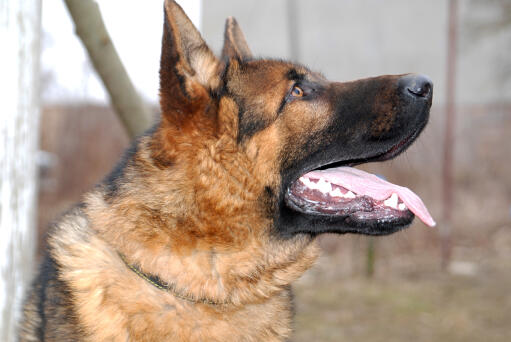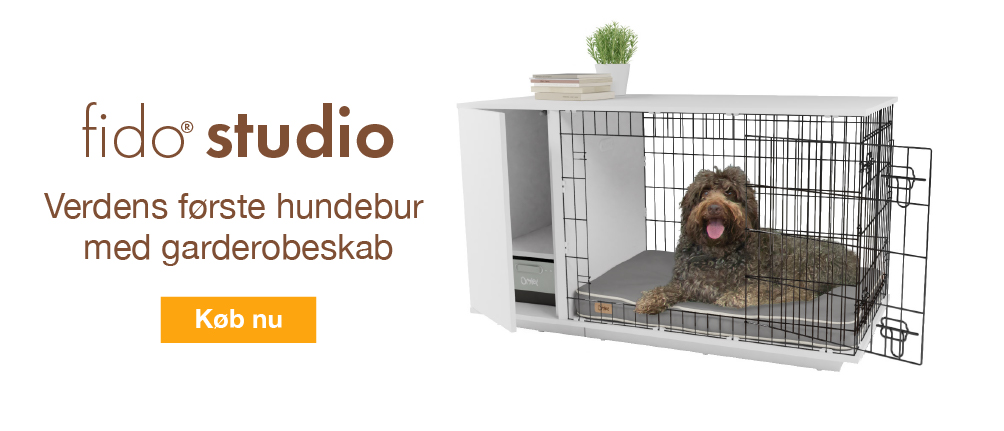Schæferhund












History
The German Shepherd originated in Germany where a concerted effort was made to breed the ideal dog; suitable for herding and guarding the flock. Later, breeding continued to develop intelligence and courage to produce the breed we know today. It's name was changed to Alsatian and it was also called Shepherd Dog, with the German being dropped after the First World War. However Kennel Clubs reverted back to the original name in the 1930's. It is one of the world's most popular breeds, an ideal Police/War dog, pet, guard dog, guide dog, customs dog and is now also used by Search and Rescue organisations. German Shepherds excel at anything they are trained to do.
Behaviour
The German Shepherd is an athletic, intelligent breed, well suited to advanced training. It delights in pleasing it's owner, but this works both ways; it needs to learn. The breed needs constant mental stimulation, if it gets bored it will become destructive in the home. German Shepherds are loyal to the end, bold and fearless. They tend to bond more closely to their main carer, but fit in very well with family life. They do need to learn who is boss from day one or they will assume the role. Once initial training is complete. many owners continue to train at an advance level, which helps the dog to learn it's place in the pack and keeps it's mind/body active. German Shepherds are protective of their family and home, but good with children and other pets. They can show aggression towards other dogs and are wary and cautious of strangers, but with proper socialisation this shouldn't be a problem. They do shed a fair amount of fur, but a brush a few times a week should keep their coats in order. German Shepherds need daily exercise, a chance to run around and play. They are happy as long as they are with you and you'll be hard pressed to wear them out. A healthy breed generally, but with intense breeding German Shepherds can be prone to Canine Hip & Elbow Dysplasia.
Temperament
German Shepherds have a devoted and protective temperament. They will feel protective of home and family and will often be aloof or suspicious towards strangers.
For this reason it is very important to socialise these dogs as much as possible from early puppyhood. They can be domineering towards other dogs and will have little patience with children who don't give them enough respect.
Health Problems
Health problems that may affect German Shepherds include canine hip dysplasia (CHD), elbow dysplasia, blood clotting disease, bloat, allergies, skin diseases and many digestive problems.
Breed Details
- Status: Common
- Life Expectancy: 9 - 13 years
- Vægt: 22 - 40 kg
- Højde: Male - 24 - 26" Female - 22 - 24"
- Rare: Nej
- Coat: Lavt
- Grooming Requirements: Once a week
- Town or Country: Either
- Minimum Home Size: Large House
- Minimum Garden Size: Large Garden
- Breed Type: Herding
- Størrelse: Stor
- Energy Level: Medium
- Exercise Required: Over 2 hours
Billeder af German Shepherd Dog






















